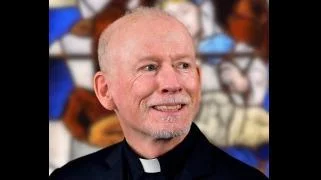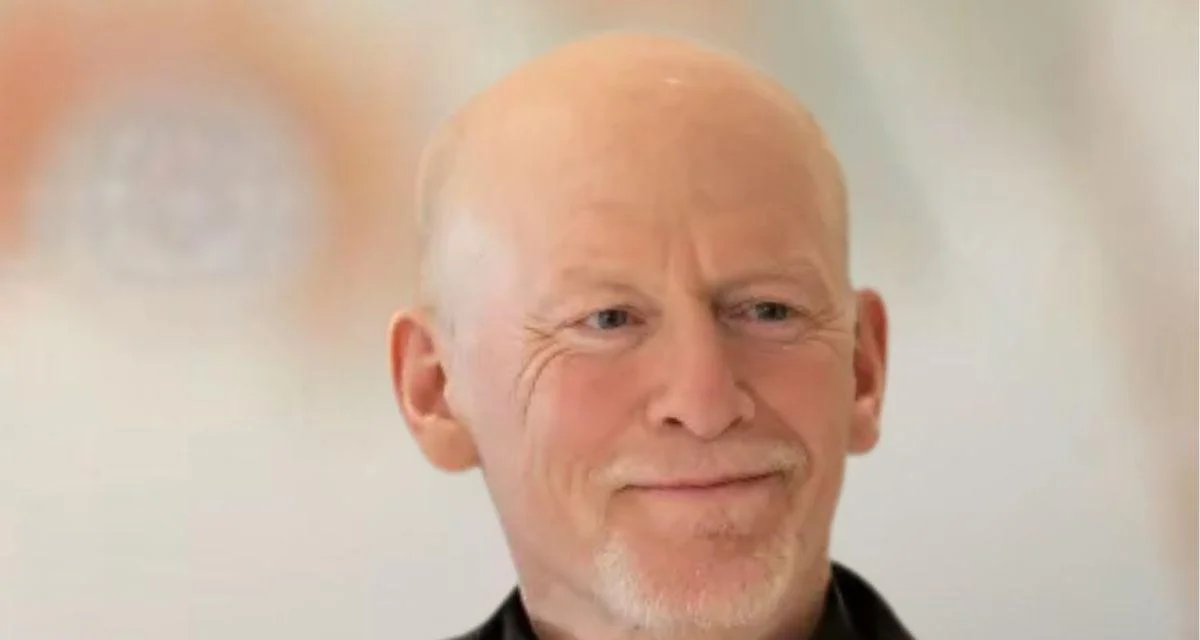
Rev. Brian J. Shanley, O.P. President | St. John's University website
The emotional and psychological challenges faced by individuals wrongfully convicted of serious crimes were highlighted during a panel discussion at St. John’s University on October 4. The event was designed to coincide with International Wrongful Conviction Day, observed on October 2.
Held at the D’Angelo Center Ballroom, the conference brought together attorneys, mental health professionals, academics, and exonerees. Notable panelists included attorney Jeffrey Deskovic, who was wrongly convicted of murder and rape in 1990, and New York City Council Member Yusef Salaam, who was wrongly convicted in the Central Park jogger case in 1989.
Both Deskovic and Salaam discussed the enduring psychological scars from wrongful imprisonment as they worked to rebuild their lives. "It is one thing to come home," said Mr. Salaam. "It is beautiful and joyful. But it is another thing to recognize that there are no services in place from the system that destroyed you." Mr. Deskovic added, "I fought off feelings of abandonment, isolation, and suicide ideation."
The conference titled “Unlocking Hope: Addressing Postrelease Trauma in the Wrongfully Convicted” also featured psychologist James Garbarino, Ph.D., and Sharonne Salaam, founder of Justice 4 The Wrongfully Incarcerated.
Organized by Marina Sorochinski, Ph.D., Assistant Professor at The Lesley H. and William L. Collins College of Professional Studies, the conference focused on mental health impacts and reintegration issues faced by exonerees.
Dr. Sorochinski has extensively researched factors leading to wrongful convictions in serial sexual assault cases since joining St. John’s faculty in 2020. She has collaborated with Mr. Deskovic on similar discussions through his foundation which has helped free 14 wrongfully convicted individuals since its establishment in 2009.
“Sadly, whether or not the facts are wrong in cases such as these is only half of the equation,” Mr. Deskovic explained.
According to the Oklahoma Innocence Project, three to five percent of the nation’s prison population may be wrongfully convicted—about 120,000 people currently incarcerated.
Jon Eldan from After Innocence described a "deeply defective system" where some states lack processes for exonerees to appeal for compensation while others have flawed systems.
"Prison is traumatizing," Mr. Eldan stated. Dr. Garbarino noted that exonerees rarely fully reintegrate into society due to trauma being a "widely misunderstood and underrepresented mental health issue."



 Alerts Sign-up
Alerts Sign-up